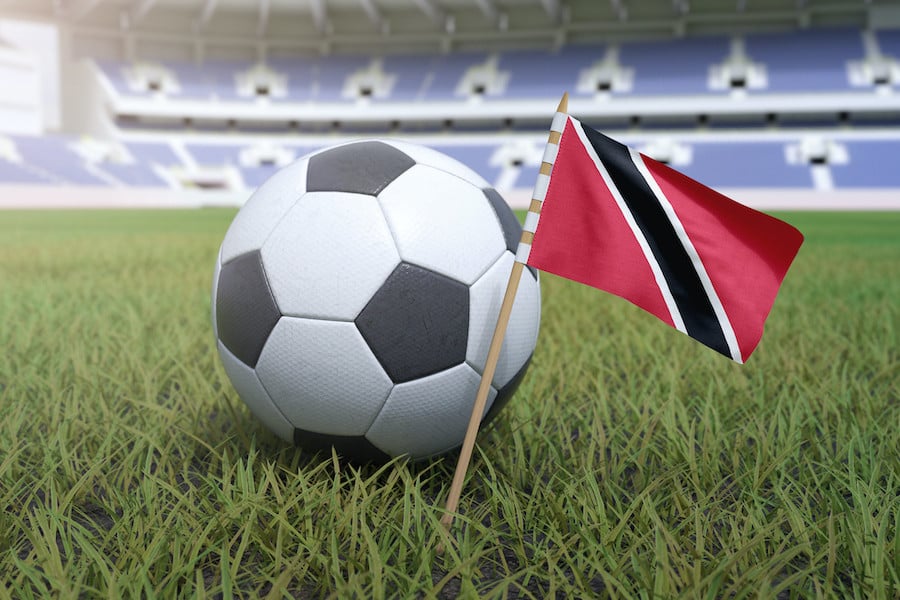Trinidad and Tobago Football Association v. FIFA – the validity of normalisation committees and exclusive jurisdiction of CAS

On 13 October 2020, the High Court of Justice in Trinidad and Tobago (the High Court) issued their decision (available here[1]) on a claim filed by the Trinidad and Tobago Football Association (TTFA) against FIFA. They ruled, in essence, that the FIFA’s decision to remove the TTFA’s executive board from office and to appoint a normalization committee[2] to run its affairs was null and void as it was made in bad faith and “for an improper and illegal motive.”[3] The High Court’s decision stressed, among other things, that FIFA’s policy of pressure to try to “force” the TTFA to withdraw its case amounted to a “contempt of court.” The High Court also analyzed, under its national law, the legality of Article 8(2) of the FIFA Statutes[4]. This provision, which allows FIFA to remove executive bodies of member associations under exceptional circumstances, was found illegal.[5]
However, this decision was eventually overturned by the Court of Appeal by a decision of 23 October 2020.[6] In this decision, the Court of Appeal confirmed that the filings of these proceedings were “ultra vires”, null and void and of no effect, confirming the exclusive jurisdiction of the CAS based on Article 66 of the TTFA Constitution and Article 69 FIFA Statutes. According to the statements of the former TTFA President to the press, the latter would respect the ruling and would not further challenge the judgment.[7] In a press statement issued on 24 October 2020, the TTFA President William Wallace and his vice-presidents confirmed their resignation following the legal defeat at the court of appeal.[8]
The proceedings spurred controversy in the relationship between FIFA and TTFA. Notably, following the TTFA claim before the High Court, FIFA granted the TTFA a deadline to withdraw its claim, or else face suspension from international competitions (which occurred in September 2020).
This article reviews the case, looking at the facts, the decisions and analyzing its potential repercussions for sports arbitration more generally.
To continue reading or watching login or register here
Already a member? Sign in
Get access to all of the expert analysis and commentary at LawInSport including articles, webinars, conference videos and podcast transcripts. Find out more here.
- Tags: Arbitration | Court of Arbitration for Sport (FIFA) | Dispute Resolution | FIFA | Football | Normalisation Committees

 Global Summit 2024
Global Summit 2024